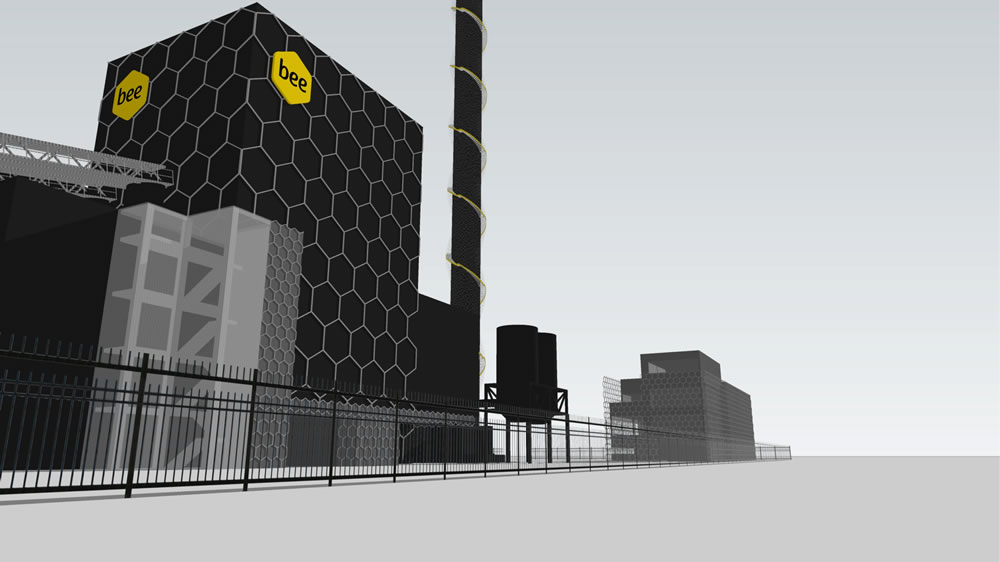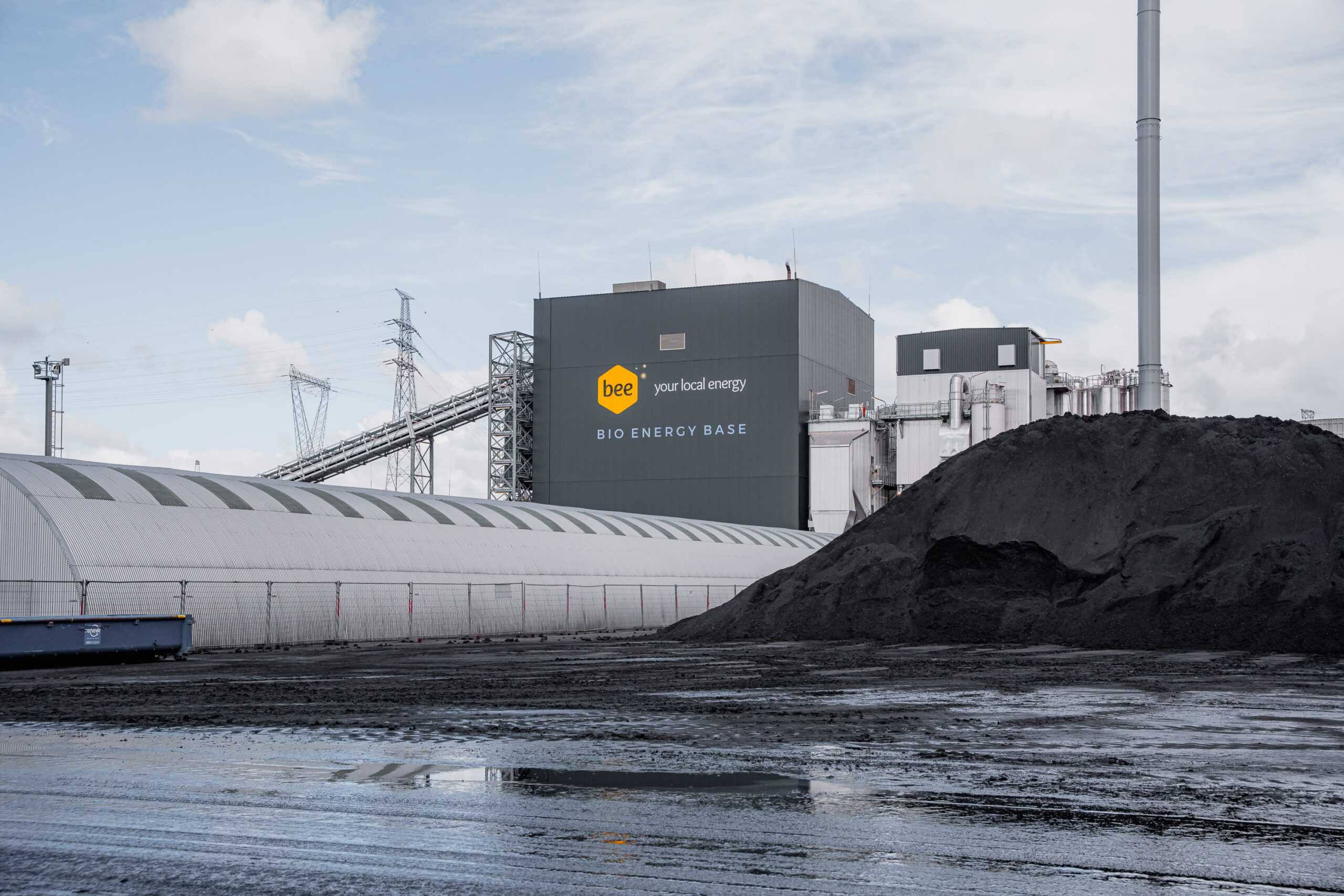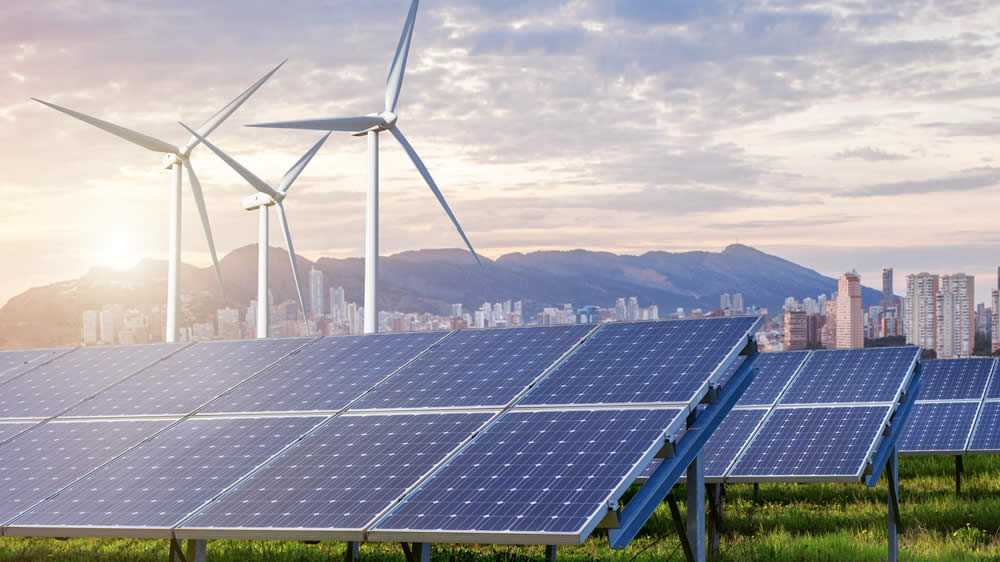The energy challenge
With the global population swelling and industrialisation on the rise in developing nations, humanity’s hunger for energy has reached unprecedented levels. More than half of our energy comes from fossil fuels extracted from deep within the Earth’s crust. It is estimated that since commercial oil drilling began in the 1850s, we have sucked up more than 135 billion tonnes of crude oil to drive our cars, fuel our power stations and heat our homes. That figure increases every day.
But our gas guzzling over the past two centuries has taken a potentially devasting toll on the planet. Burning of coal, oil and gas has been inextricably linked to the rising levels of greenhouse gases in Earth’s atmosphere and is a leading contributor of climate change. The world’s scientists agree that we are on a path towards disaster that can only be stopped by weaning ourselves off our fossil fuel habit.
The future is green
Biomass Power and Heat
Biomass is fuel that is developed from organic materials, a renewable and sustainable source of energy used to create electricity or other forms of power.
Biomass is considered a renewable energy source because the carbon released during its combustion is offset by the carbon absorbed by plants during their growth.
Carbon neutral electricity and heat is generated from renewable organic waste that would otherwise be dumped in landfills, openly burned, or left as fodder for forest fires.
When burned, the energy in biomass is released as heat. If you have a fireplace, you already are participating in the use of biomass as the wood you burn in it is a biomass fuel.
In biomass power plants, wood waste or other waste is burned to produce steam that runs a turbine to make electricity and heat to industries and homes. Fortunately, new technologies — including pollution controls and combustion engineering — have advanced to the point that any emissions from burning biomass in industrial facilities have become negligible.
With a constant supply of waste – from construction and demolition activities, to non-recyclable waste wood – green energy production can continue indefinitely.

BEE and the Bio Energy Base
Belgian Eco Energy (BEE) is a family-owned, 100% Belgian B2B energy provider founded in 2010. It aims at offering a total service and “stable, reliable, affordable, flexible” tailor-made solutions to companies by developing, financing, building, and operating new sustainable installations for the production (from biomass, wind turbines or solar panels) of green electricity, heat and steam at a local level. The company relies on long-term Corporate Power Purchase Agreements (CPPAs) with its customers.
Bio Energy Base (BEB) is BEE’s first major realisation. Using end-of-life non-recyclable wood waste the plant will produce 250 GWh green heat and steam and 160 GWh of green electricity each year. The power plant in Ghent, which has a capacity of 20 MW for green power and 40 MW for heat and steam required an investment of about EUR 120 million and was co-funded by the London based investor Equitix, National Westminster Bank and the Belgian cooperative Zonneberg. Construction started in January 2020. BEB will employ about 45 people.

Wind and Solar Energy

Wind Energy
Wind energy is harnessed through wind turbines that convert the kinetic energy of the wind into electricty. As the wind blows, the rotating blades of the turbines spin a generator, producing electricity. Wind power is a rapidly growing source of renewable energy due to its vast availability and relatively low environmental impact. Wind farms produce clean electricity without emitting GHG’s. Energy generation is dependent on suitable wind conditions and requires careful site selections.


